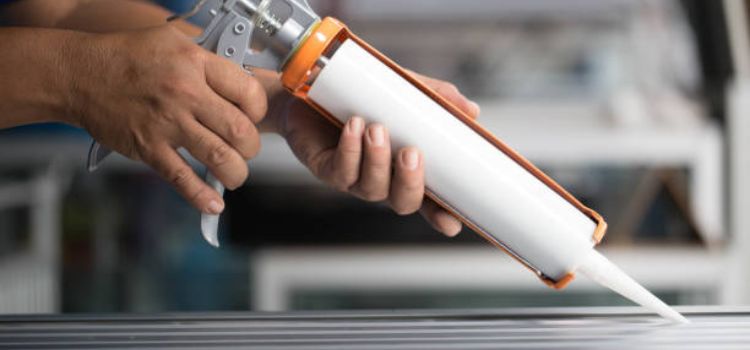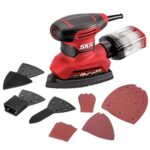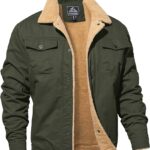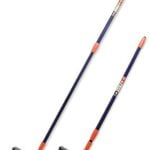
Lifeseal vs. Life Caulk: Choosing the Best Sealant for Your Projects
Lifeseal vs. Life Caulk: Choosing the proper sealant may be vital when sealing gaps and cracks around your own home or doing tasks. It guarantees that your structures continue to be intact and nicely protected, unfastened from water harm. Two popular seals that are frequent in this regard are LifeSeal and LifeCaulk. In this complete…





